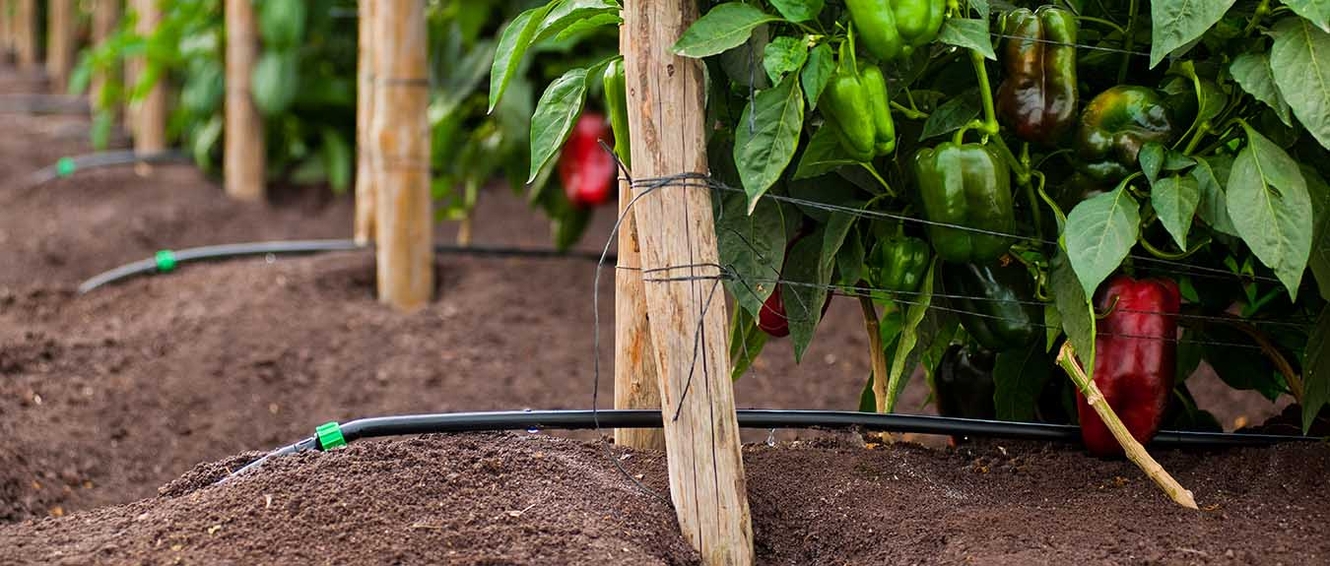
Drip Irrigation: Transforming Kenyan Agriculture, One Drop at a Time
Water scarcity is a growing concern for Kenyan farmers. Traditional irrigation methods can be wasteful, leading to inefficiencies and compromised crop yields. This blog explores the transformative power of drip irrigation in Kenyan agriculture and how it empowers farmers to optimize water use and achieve sustainable growth.
The Challenge of Water Scarcity in Kenyan Agriculture
Kenya's agricultural sector is significantly impacted by water scarcity. Factors like erratic rainfall patterns, climate change, and competition for water resources pose significant challenges:
- Reduced Crop Yields: Limited water availability can lead to stunted plant growth, wilting, and ultimately, lower crop yields.
- Inefficient Water Use: Traditional flood irrigation methods can waste significant amounts of water through evaporation and runoff.
- Soil Degradation: Excessive water application can contribute to soil erosion and salinization, further reducing agricultural productivity.
Drip Irrigation: A Game-Changer for Kenyan Farms
Drip irrigation offers a revolutionary approach to watering crops, delivering water directly to the root zone of plants through a network of emitters or drippers. Here's how it transforms Kenyan agriculture:
- Water Conservation: Drip irrigation delivers water directly to the plant's roots, minimizing evaporation and runoff. This translates to significant water savings compared to traditional methods.
- Increased Efficiency: By delivering water precisely where it's needed, drip irrigation optimizes water use and maximizes its effectiveness for plant growth.
- Improved Crop Yields: Targeted water delivery ensures plants receive the moisture they need for optimal growth, potentially leading to higher yields and improved crop quality.
- Reduced Fertilizer Leaching: Drip irrigation minimizes water movement through the soil, reducing the leaching of valuable nutrients applied as fertilizers.
Benefits of Drip Irrigation for Kenyan Farmers
Beyond water conservation, drip irrigation offers numerous advantages for Kenyan farmers:
- Reduced Labor Costs: Drip irrigation systems are relatively low-maintenance compared to traditional methods, potentially reducing labor requirements for watering crops.
- Improved Land Utilization: Drip irrigation allows for cultivation on even sloped or uneven terrain, maximizing arable land use.
- Reduced Weed Growth: Since water is delivered directly to the root zone, less water reaches the soil surface, minimizing weed germination and growth.
- Feasibility for Small-Scale Farms: Drip irrigation systems can be scaled to various farm sizes, making them suitable for both small- and large-scale Kenyan farmers.
Implementing Drip Irrigation in Kenya
Here are some key considerations for Kenyan farmers interested in adopting drip irrigation:
- System Design: Consult with an irrigation expert to design a drip irrigation system tailored to your specific farm size, crop needs, and soil type.
- Water Source: Ensure a reliable water source with sufficient pressure for optimal system operation.
- Maintenance: Regular system maintenance, including filter cleaning and emitter replacements, is crucial for long-term efficiency.
- Training: Invest in training on proper system operation and maintenance to ensure you maximize the benefits of drip irrigation.
Conclusion
Drip irrigation presents a powerful solution for Kenyan agriculture. By adopting this water-saving technology, Kenyan farmers can optimize water use, enhance crop yields, and promote sustainable agricultural practices. With proper planning, implementation, and knowledge, drip irrigation can be a transformative tool for a water-scarce future, empowering Kenyan farmers to achieve long-term success.




